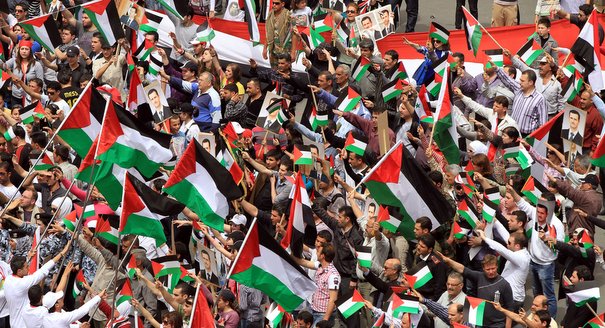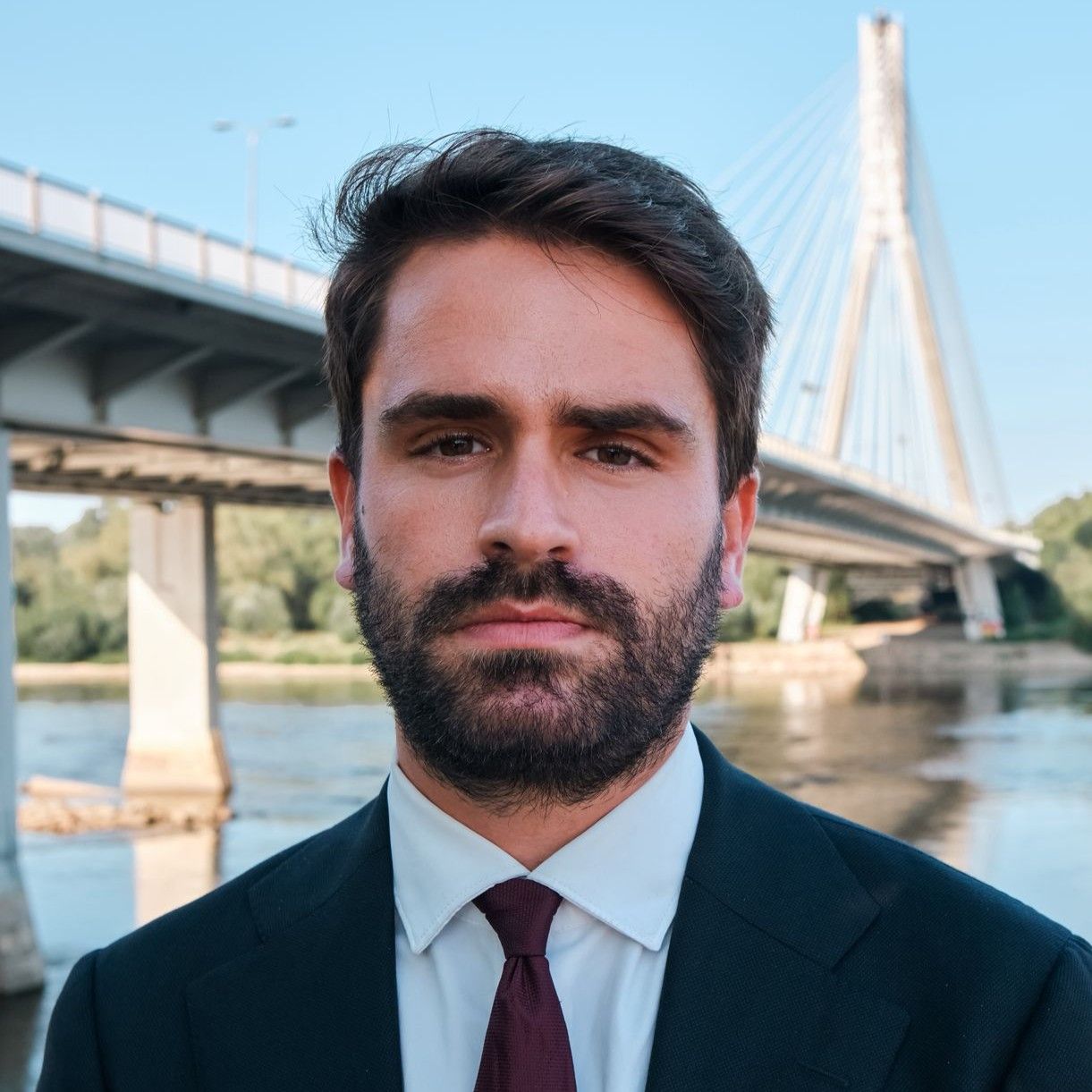The hyper-personalized new version of global sphere-of-influence politics that Donald Trump wants will fail, as it did for Russia. In the meantime, Europe must still deal with a disruptive former ally determined to break the rules.
Thomas de Waal
{
"authors": [
"Dmitri Trenin"
],
"type": "commentary",
"blog": "Strategic Europe",
"centerAffiliationAll": "",
"centers": [
"Carnegie Endowment for International Peace",
"Carnegie Europe",
"Malcolm H. Kerr Carnegie Middle East Center",
"Carnegie Russia Eurasia Center"
],
"collections": [],
"englishNewsletterAll": "",
"nonEnglishNewsletterAll": "",
"primaryCenter": "Carnegie Russia Eurasia Center",
"programAffiliation": "",
"programs": [],
"projects": [],
"regions": [
"Levant",
"Middle East",
"Syria"
],
"topics": [
"Political Reform",
"Security"
]
}
Leading Syria to peace is a responsibility which it is safer to accept than to ignore.
Surprisingly for many people, the Syrian cease-fire, despite numerous violations, is generally holding. Not everyone looks happy: Assad is still in power, and his opponents are as disunited as ever. Neither side is interested in peace per se, and both are still seeking to prevail. Does diplomacy, under those conditions, stand a chance? It is indeed difficult, if not impossible, to imagine a dialogue between Damascus and the opposition, much less an agreement between them. The alternative, however, is a full-scale civil war, in which hundreds of thousands of Syrians may die, and which will spill over into the neighborhood.
Any eventual solution, as the Annan plan insists, must be Syrian-led. A fine phrase, but are the Syrians actually capable of leading at this point? The honest answer is no. Does it mean that a solution must be imposed on them by force? No way. Even the enthusiasts of humanitarian intervention and of forcible regime change have to admit that the costs to them will be unbearable. Whatever their conscience or their instincts tell them, they desist. So, what is the way forward?
The international community needs to look at the Syrian situation as a test case of its own maturity. Can the permanent members of the Security Council, and the Council as a whole, prevent bloodshed on a Rwandan scale in the very heart of the Middle East? Or will they just allow rivers of blood to flow on the doorstep of Europe, within striking distance of Russia’s Muslim-populated regions, in a region where the United States is most intimately involved, and which supplies China with most of its oil?
It is easy to be a skeptic, and to wait for the cease-fire to fail, hoping that one’s preferred side eventually wins. It is also easy to be a critic, blaming others but doing precious little oneself. Neither, however, is a sure path to escape responsibility. The time has come for international heavy-lifting. Russia and China need to lean on Assad to make sure he allows a robust and effective peacekeeping force into the country, not only to observe, but also to police the cease-fire. Americans and Europeans need to lean on the opposition to produce a modicum of unity in its ranks.
After that, the P-5 have to take both sides, all their kicking and screaming notwithstanding, to a negotiating table. With the help of the Arab League and Turkey, and under the UN umbrella, they need to initiate and steer a negotiating process to reform the Syrian state. This will be, of course, a long and hard haul.
Fortunately, there can be no “Libyan solution” in Syria: the would-be interveners would have only made things far worse for all, including themselves. Unfortunately, there can be no “Yemen formula” in Syria either: the country is much too complex for that. There can still be, however, a “Syrian model”—if world powers and the world body engage in coordinated diplomacy to stop mass killings and avert a mega-bloodshed. Leading Syria to peace is a responsibility which it is safer to accept than to ignore.
Carnegie does not take institutional positions on public policy issues; the views represented herein are those of the author(s) and do not necessarily reflect the views of Carnegie, its staff, or its trustees.
The hyper-personalized new version of global sphere-of-influence politics that Donald Trump wants will fail, as it did for Russia. In the meantime, Europe must still deal with a disruptive former ally determined to break the rules.

Thomas de Waal
2026 has started in crisis, as the actions of unpredictable leaders shape an increasingly volatile global environment. To shift from crisis response to strategic foresight, what under-the-radar issues should the EU prepare for in the coming year?

Thomas de Waal
A renewal of relations between France and Turkey is vital to strengthen European strategic autonomy. To make this détente a reality, Paris and Ankara should move beyond personal friction and jointly engage with questions of Black Sea security.

Romain Le Quiniou
Europe is designing a new model of collective security that no longer relies on the United States. For this effort to succeed, solidarity between member states that have different threat perceptions is vital.

Erik Jones
Beset by an increasingly hostile United States, internal divisions, and the threat of Russian aggression, the EU finds itself in a make-or-break moment. U.S. President Donald Trump calls it a decaying group of nations headed by weak leaders. Is Europe able to prove him wrong?

Thomas de Waal